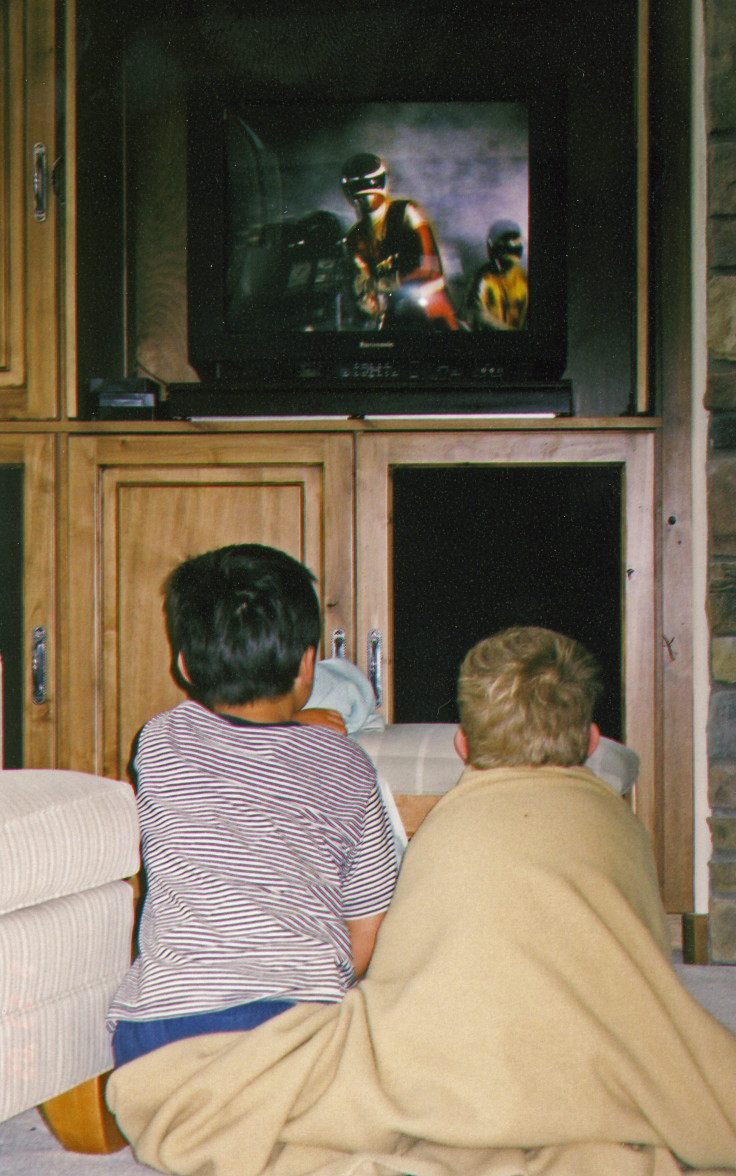UK Researchers Find Children Who Watch More TV Have Greater Academic Success: The Great TV Debate Continues

A study conducted by researchers at the University of London found that children who watch three or more hours of television a day were more ahead of their peers. Children who watched less than an hour a day were three months behind those who watched three or more hours daily.
According to Kids Health, an educational online reference guide for parents, says that two-thirds of infants and toddlers watch television about two hours everyday. The number drastically increases for children and adolescents between ages eight and 18, who spend nearly four hours a day in front of a television screen, with an additional two hours spent on the computer and video games. Computer activity does not include homework, which leads many to wonder when children are finding the time to get any school work done.
The educational value of children's television time has been "underestimated," said the report's lead author, Dr. Alice Sullivan, senior academic at the University's Institute of Education. "It may also help expose some children to a broader vocabulary than they get at home."
Television moderation can be a good thing, especially when aiding in education, such as public television programs, which both entertain and teach children. However, the first two years of a child's life are considered critical for brain development, and because of this, the American Academy of Pediatrics recommends that children under two years old do not watch any television, and those older than two, watch no more than one to two hours of quality programming daily.
According to an editorial in the Journal of the American Medical Association, media is a powerful teacher of children and adolescents. The media controls images that could influence violence, sex, drugs, obesity, and even body dysmorphic disorder.
Victor C. Strasburger, author of the editorial, said, "When children and adolescents spend more time with media than they do in school or in any leisure time activity except for sleeping, much close attention should be paid to the influence media has on them."
According to the 2012 Advance/Preliminary TV Household Universe Estimate, 114.7 million televisions are estimated inside homes across the U.S., which, interestingly enough, is down from 2011's estimate of 115.9 million televisions.
The study included 11,000 British seven-year-olds who were tracked since birth in a long-term project called the Millennium Cohort Study, which was published in the journal Sociology. The study was instigated by politicians' claims that parenting skills were more important in determining how well children excel academically and later on in life, as opposed to the effects of their social backgrounds.
The study found that children whose parents had a steady above-average income were more than a year ahead of children with unskilled or semi-skilled parents.
"I think as people, we think a core American value is if you work hard, you'll be able to move up the ladder," said Michele Siqueiros, executive of the Campaign for College Opportunity. "Education is really the pathway for them to get out of poverty, but as you look and see the resources for them to get [a college education] there's really more hurdles and obstacles for them than real opportunity."
Social classes play a large role in the education system, specifically in America. Television can be used as an educational tool, if it is monitored correctly, and the likelihood of that happening in a low-income working class home is less than it is for an affluent family.
"Children growing up in low-income families have worse health and educational outcomes," according to The Working Poor Families Project's data from the U.S. Census Bureau. In 2011, there were 23.5 million children in low-income working families.
The analysis concluded that determining how well children performed academically depended on factors aside from television watching — in particular, social class and parents' education levels.



























